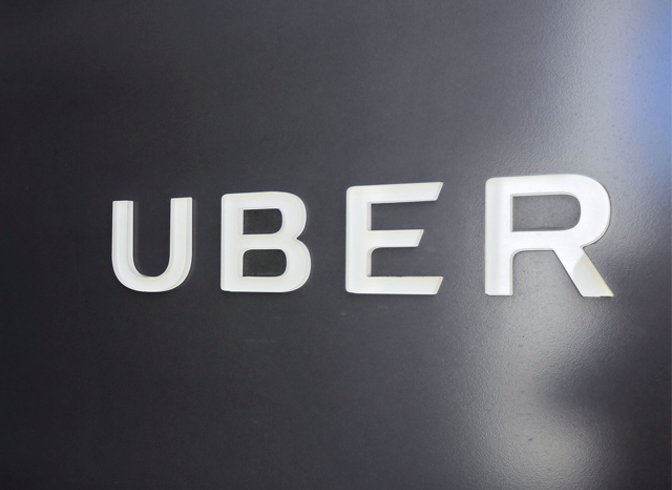
By Mark Bergen
Uber Technologies Inc. fired self-driving car executive Anthony Levandowski, yielding to mounting pressure in its court fight with rival Waymo to part ways with the engineer after a judge concluded he took thousands of confidential files from the Alphabet Inc. unit.
Levandowski joined the ride-hailing startup in 2016 after several years at Google‘s autonomous driving project, which is now called Waymo. In February, Waymo sued Uber alleging that Levandowski stole trade secrets and patents from Waymo for the development of self-driving technology and brought them to Uber. Levandowski has invoked his Fifth Amendment right not to testify in the case, hindering Uber’s ability to defend itself against Waymo’s claims.
The firing indicates a possible split between Uber and Levandowski, who for months had presented an allied front in the fight against Waymo’s claims. After US District Judge William Alsup told Uber it wasn’t doing enough to compel Levandowski to cooperate, the company threatened to fire him if he didn’t change his stance. The engineer had countered that it was an unfair burden to make him choose between his constitutional rights against self-incrimination and his job.
In a termination letter dated May 26, Uber gave Levandowski 20 days to comply with the requests to help in the investigation. Levandowski isn’t a defendant in Waymo’s lawsuit, though Alsup has asked federal prosecutors to investigate claims made in the case.
In a May 11 order, Alsup gave Uber until May 31 to turn over all Waymo materials downloaded by Levandowski before he left the company. While Uber hasn’t denied that Levandowski took the proprietary files, the company has repeatedly insisted that they can’t be found on its computer servers.
Shortly after Uber announced Levandowski’s ouster on Tuesday, his lawyer filed arguments in court urging the judge to back off the May 11 order, which led to Uber’s initial threat to fire Levandowski.
“The government — no matter the branch — may not force a person to choose between her continued employment and her Fifth Amendment rights,” Levandowski’s lawyer wrote in the filing.
Lawyers for Levandowski didn’t immediately respond to a request for additional comment. An Uber spokeswoman declined to comment further on the termination. A representative for Waymo didn’t immediately comment. The New York Times reported on Levandowski’s termination earlier Tuesday.
Lidar files
Waymo’s lawsuit accuses Levandowski of illicitly downloading 14,000 files, including some on Waymo’s lidar, a key component of self-driving systems. Alsup ruled that Levandowski needed to step aside from working on the technology at Uber until the Waymo dispute was settled. Uber replaced Levandowski as head of its self-driving program, placing engineer Eric Meyhofer in charge.
Uber employees were told about the termination in a staff email on Tuesday. Levandowski’s tenure at the private ride-hailing juggernaut, valued at almost $ 70 billion, was brief and dramatic. He came to Uber via the acquisition of Otto, an autonomous trucking startup he formed after leaving Waymo. With his arrival, Uber received another injection of engineers experienced with building self-driving systems. A year before, Uber jump-started its own autonomous program after hiring a slew of roboticists from Carnegie Mellon University in Pittsburgh.
Some Uber executives and investors had voiced concern that the company’s lack of involvement in the field placed it at a disadvantage against Alphabet and traditional carmakers, which have invested heavily in the tech.
Levandowski’s pay package at Uber also entered the legal dispute. Waymo’s lawyers said in court that the engineer was awarded Uber shares worth more than $ 250 million that were dated the day after he left Waymo. However, the compensation was tied to certain performance milestones, according to documents filed by Uber. The company said Tuesday that none of Levandowski’s stock has vested because he wasn’t at the company long enough to meet the milestones.










